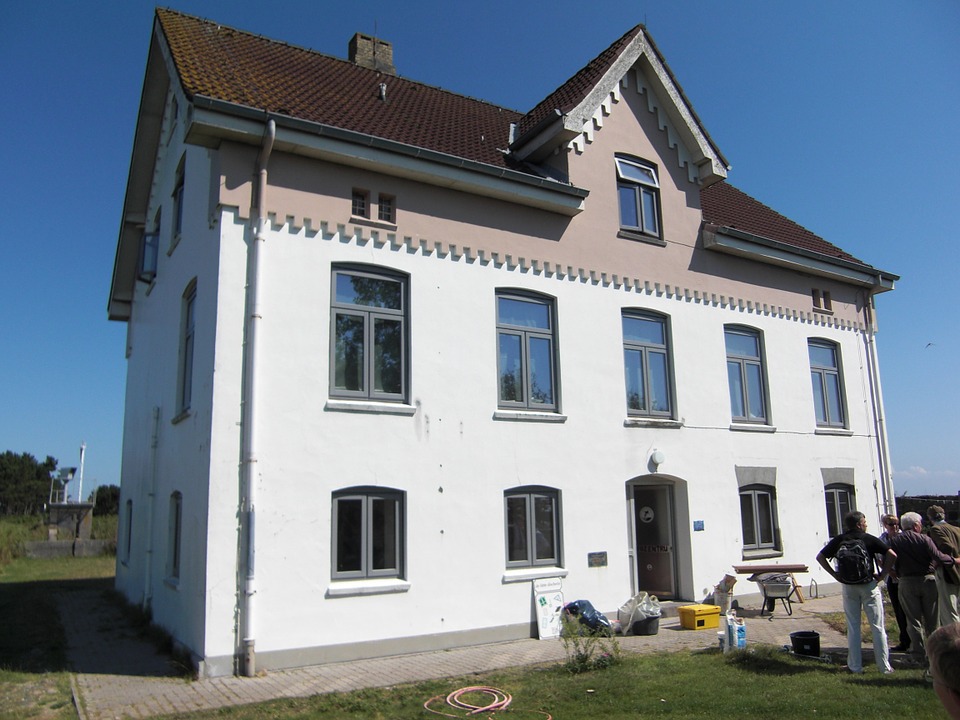It’s been said that the state of the technology industry is a bellwether for the larger global economy. If that’s the case, last year’s activity was a vote of confidence that the next few years will be fairly good economically.
At least that’s the view of John Shea, COO at boutique investment bank Berkery Noyes. “M&A is an indicator of people’s view of the economy three or four years down the road,” he said.
Activity is up, he said, as are the prices companies are forking over to acquire other companies. “People are paying what they’d have paid in 2006 or 2007,” before the latest recession, he said.
All told, there were 1,121 transactions in the software industry in 2010. That marks a 37% increase over the 819 deals concluded in 2009. The total value of those deals increased by a whopping 103%, from US$38.29 billion in 2009 to $77.61 billion last year, according to the Berkery Noyes’ year-end report.
The company also found that most of the deals fell into the range of $2.7 million to $244.7 million, with some projections done to estimate the value of deals involving privately held companies, which are not required to report the terms of their transactions to any regulatory authority.
The niche software market led the way with some 500 transactions last year. Business software was next at about 300, followed by deals for infrastructure software and consumer software (about 150 each). Berkery Noyes niche software as software designed to be used in niche industries, such as educational institutions, healthcare and pharmaceutical companies, financial services firms, energy companies, and the like.
Among the highlights from the report is that the largest transaction announcement of the year belonged to Intel, which said it would pay US$7.55 billion for antivirus company McAfee. The largest transaction Berkery Noyes tracked from 2007 to 2010 was Oracle’s purchase of BEA Systems for $7.97 billion.
Also, the report noted that Google was the most active company in the acquisition space, picking up 23 companies last year.
But acquiring software companies is not as simple as buying, say, a chain of motels. With systems growing more complex, and the use of open-source software expanding as well, transactions have grown more complicated and take longer to close, Shea said. “Even in smaller deals, we’re seeing diligence on the intellectual property. Sellers want to make sure they own and are in compliance with what they are selling, and buyers want to get everything they think they’re getting.”
Compliance is especially tricky when companies start as two- or three-man shops and grow to 200 or 300, he said. “Their systems often don’t keep up with the growth of the company,” and things make their way into the organization that aren’t always documented or in compliance with company policy, because often that policy either never existed or somehow was forgotten as the company grew.
David Rubinstein is editor-in-chief of SD Times.




